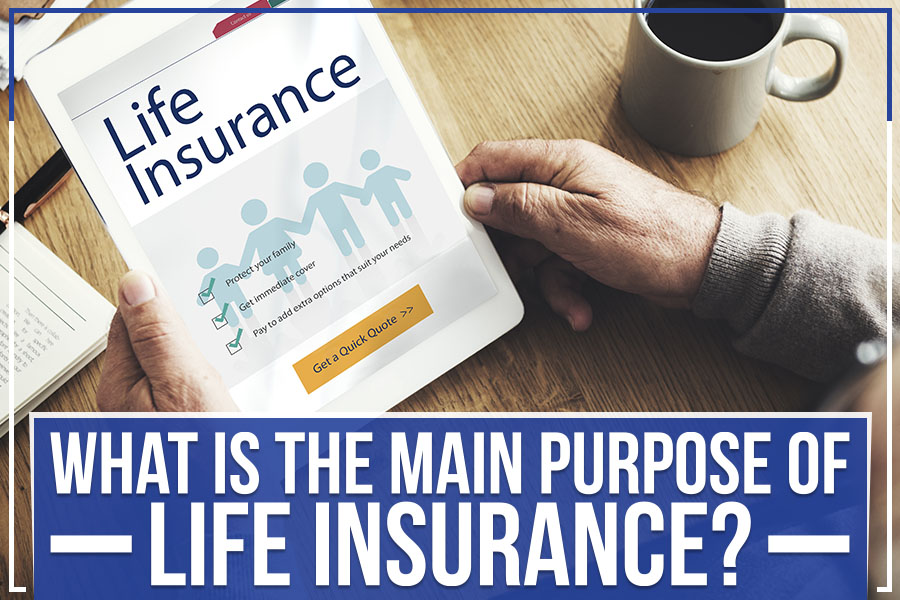The smart Trick of Pacific Prime That Nobody is Discussing
The smart Trick of Pacific Prime That Nobody is Discussing
Blog Article
The smart Trick of Pacific Prime That Nobody is Discussing
Table of ContentsAbout Pacific PrimeNot known Incorrect Statements About Pacific Prime The Buzz on Pacific PrimeSome Known Incorrect Statements About Pacific Prime The 8-Minute Rule for Pacific Prime

This is due to the fact that the information were gathered for a period of solid financial efficiency. Of the approximated 42 million individuals who were without insurance, all however about 420,000 (about 1 percent) were under 65 years of age, the age at which most Americans come to be qualified for Medicare; 32 million were adults between ages 18 and 65, around 19 percent of all adults in this age group; and 10 million were youngsters under 18 years old, regarding 13.9 percent of all youngsters (Mills, 2000).
These estimates of the number of individuals uninsured are produced from the yearly March Supplement to the Current Populace Survey (CPS), carried out by the Census Bureau. Unless otherwise kept in mind, nationwide quotes of people without health and wellness insurance and percentages of the population with different type of insurance coverage are based on the CPS, the most commonly used source of quotes of insurance protection and uninsurance prices.
Things about Pacific Prime

Still, the CPS is specifically useful since it creates yearly price quotes relatively swiftly, reporting the previous year's insurance policy coverage estimates each September, and due to the fact that it is the basis for a consistent collection of quotes for greater than two decades, enabling analysis of trends in protection in time. For these reasons, along with the extensive use the CPS in various other research studies of insurance protection that exist in this report, we depend on CPS price quotes, with constraints noted.

The estimate of the variety of uninsured people increases when a populace's insurance status is tracked for several years. Over a three-year period beginning early in 1993, 72 million individuals, 29 percent of the united state population, lacked insurance coverage for a minimum of one month. Within a solitary year (1994 ), 53 million people experienced at the very least a month without insurance coverage (Bennefield, 1998a)
6 out of every ten without insurance grownups are themselves utilized. Working does enhance the chance that one and one's family members will have insurance policy, it is not a warranty. Also participants of families with 2 full-time wage earners have almost a one-in-ten chance of being uninsured (9.1 percent without insurance price) (Hoffman and Pohl, 2000).
Not known Incorrect Statements About Pacific Prime
New immigrants account for a significant proportion of people without health insurance policy. One analysis has actually associated a substantial part of the recent growth in the dimension of the U.S. without insurance population to immigrants who showed up in the nation between 1994 and 1998 (Camarota and Edwards, 2000). Recent immigrants (those who pertained to the USA within the previous four years) do have a high rate of being uninsured (46 percent), however they and their youngsters account for just 6 percent of those without insurance policy across the country (Holahan et al., 2001).
The relationship between health and wellness insurance policy and access to care is well established, as documented later on in this phase. Although the connection in between wellness insurance and health end results is neither direct nor basic, a substantial clinical and health and wellness services research study literature links health and wellness insurance policy coverage to better accessibility to care, far better high quality, and enhanced personal and population health and wellness condition.
Levels of evaluation for examining the results of uninsurance. This conversation of medical insurance coverage concentrates largely on the united state populace under age 65 due to the fact that essentially all Americans 65 and older have Medicare or various other public insurance coverage. Furthermore, it concentrates particularly on those with no wellness insurance policy for any size of time.
Get This Report on Pacific Prime
The troubles encountered by the underinsured are in some areas similar to those dealt with by the check my blog without insurance, although they are normally much less extreme. maternity insurance for expats. Uninsurance and underinsurance, nonetheless, entail clearly various plan concerns, and the strategies for addressing them may differ. Throughout this research study and the 5 records to adhere to, the main emphasis is on persons with no health and wellness insurance policy and therefore no help in paying for healthcare past what is readily available via charity and safety and security web establishments
Medical insurance is a powerful element affecting receipt of care because both patients and physicians react to the out-of-pocket price of services - https://giphy.com/channel/pacificpr1me. Health and wellness insurance policy, however, is neither required neither enough to access to clinical services. Nevertheless, the independent and straight impact of health and wellness insurance coverage on accessibility to wellness services is well developed.
Others will certainly acquire the health and wellness care they need also without medical insurance, by spending for it expense or seeking it from carriers that provide treatment cost-free or at extremely subsidized rates. For still others, medical insurance alone does not make certain invoice of care due to various other nonfinancial barriers, such as an absence of healthcare providers in their area, limited accessibility to transportation, illiteracy, or etymological and cultural distinctions.
The smart Trick of Pacific Prime That Nobody is Discussing
Formal study concerning uninsured populations in the USA dates to the late 1920s and early 1930s when the Committee on the Expense of Treatment generated a series of records concerning financing physician office sees and hospitalizations. This problem came to be salient as the numbers of clinically indigent climbed up during the Great Anxiety.
Report this page